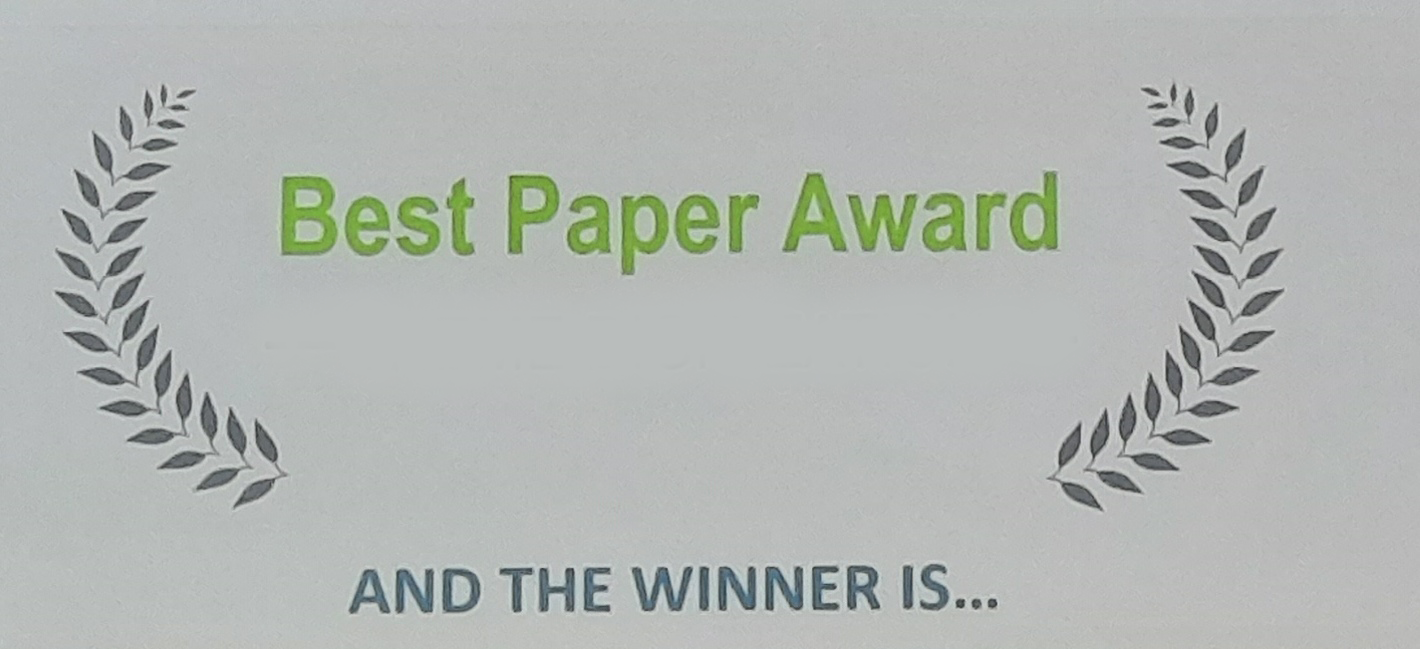Conference Proceedings Submissions
Conference Proceedings Submission Preparation Checklist
As part of the submission process, authors are required to check off their submission's compliance with all of the following items, and submissions may be returned to authors that do not adhere to these guidelines.- The submission has not been previously published, nor is it before another journal for consideration (or an explanation has been provided in Comments to the Editor).
- The submission file is in OpenOffice, Microsoft Word, or RTF document file format.
- Where available, URLs for the references have been provided.
- The text is single-spaced; uses a 12-point font; employs italics, rather than underlining (except with URL addresses); and all illustrations, figures, and tables are placed within the text at the appropriate points, rather than at the end.
- The text adheres to the stylistic and bibliographic requirements outlined in the Author Guidelines.
Articles
Section default policyDigitization
CLIMA 2022 considers digital solutions that encourage the energy transition in the built environment as a very important theme. Solutions of the digital building transformation are expected in the areas of (predictive) digital twinning, data-driven smart buildings, data management, and continuous commissioning. Nowadays digital solutions must be capable of handling a wide variety of HVAC systems and even be self-learning in detecting trends and process anomalies. Stand-alone (add-on) or embedded solutions are possible, but system architectures must include large scale deployment (wired and wireless solutions, IoT, cloud solutions, blockchain technologies). Monitoring strategies are needed that also bridge the gap between Building Automation and Control Systems (BACS) and Building Information Modeling (BIM), and enable lifetime-cost control using system and building-contextual data. Large-scale monitoring of energy, comfort and life-cycle cost performances at an affordable cost level are needed in support of business cases and policies. Finally, the recent COVID pandemic has triggered research on digital-focused design, monitoring and control of ventilation systems, in relation to overall comfort and health. This includes AI algorithms for fault detection and diagnosis, pattern recognition and anomaly detection.
Privacy Statement
The names and email addresses entered on this platform will be used exclusively for the stated purposes of these proceedings and will not be made available for any other purpose or to any other party.


